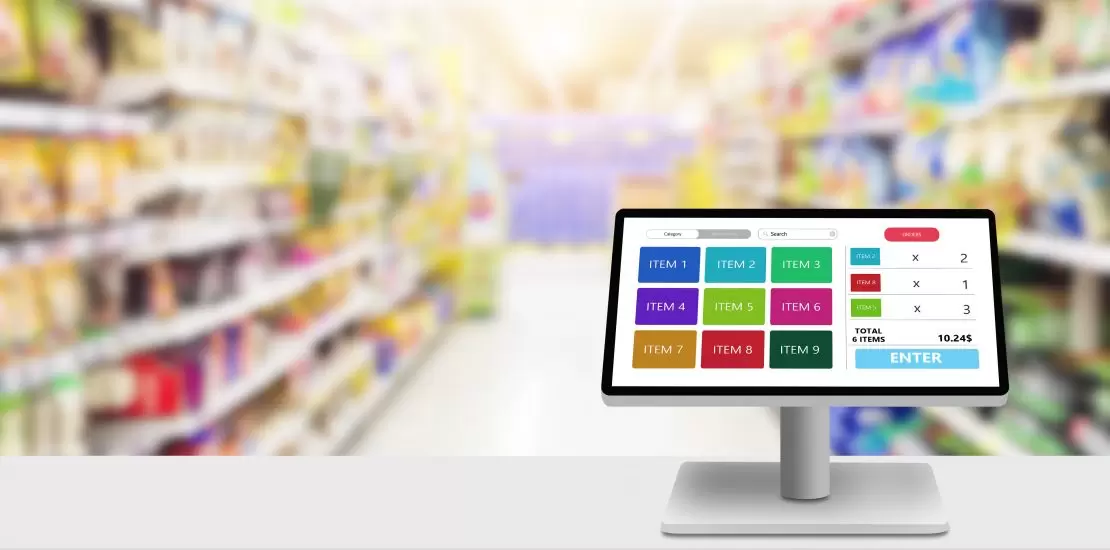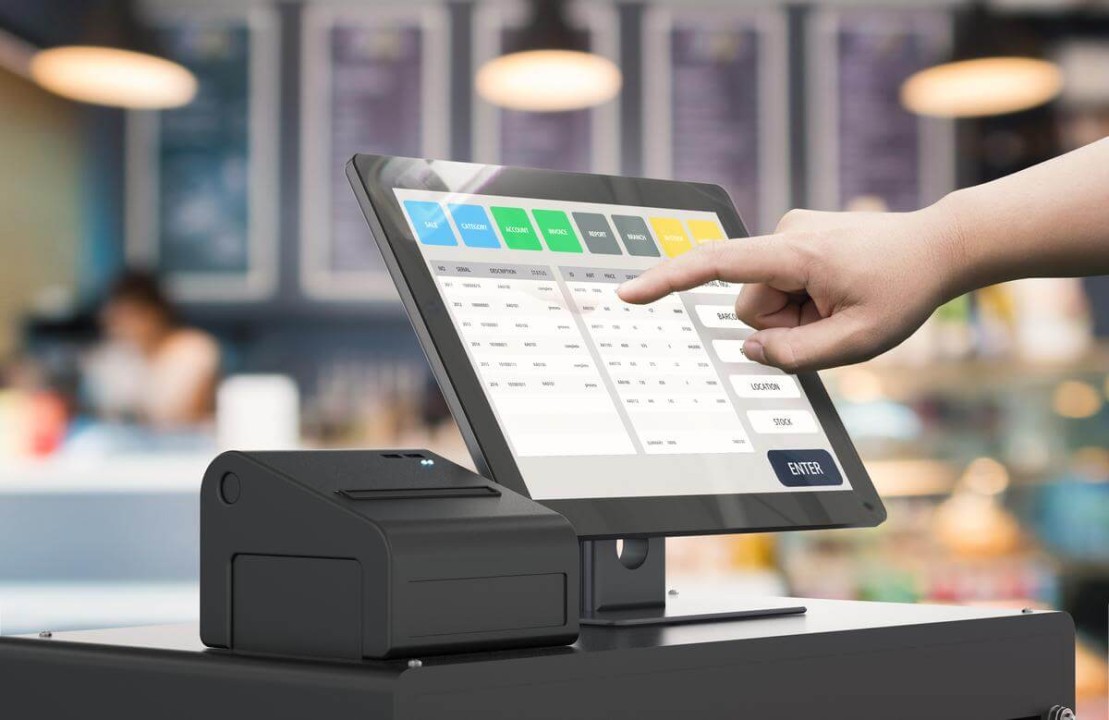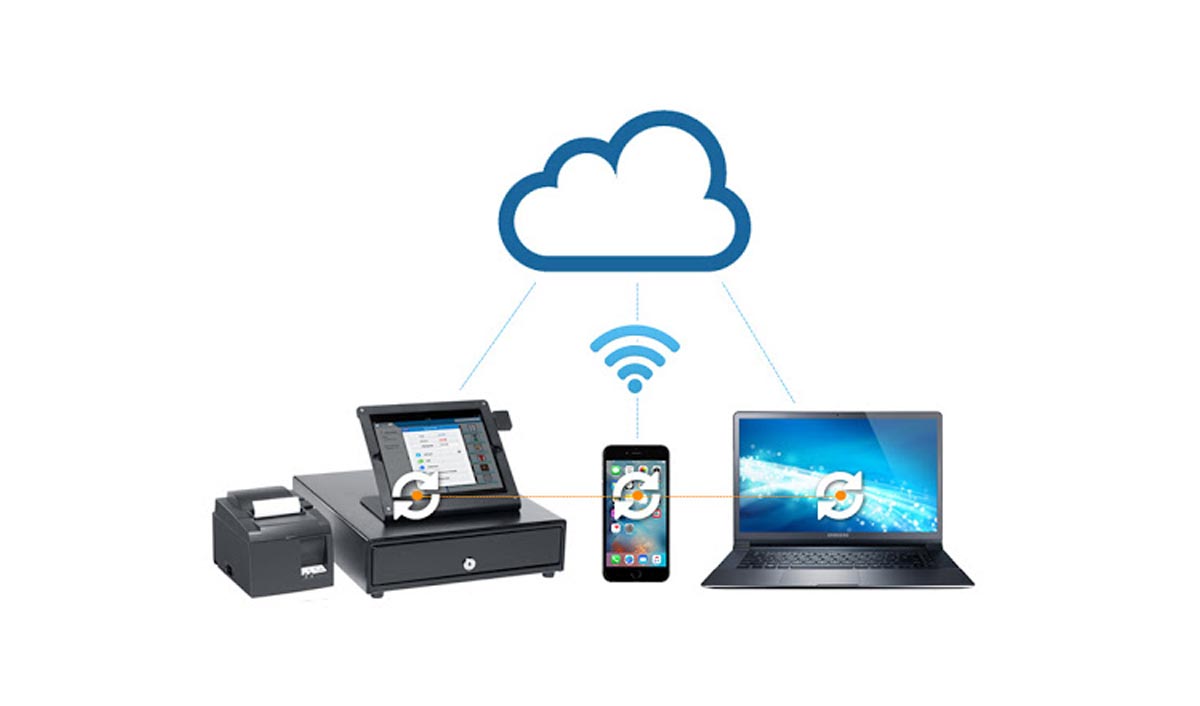FAQ
Of course! POS stands for Point of Sale. It's software used by businesses to complete sales transactions, manage inventory, and more. How can I assist you further with POS software?
Certainly! Typical POS software includes features like sales processing, inventory management, reporting, and customer management. It helps businesses streamline their operations and track sales data.
A POS system helps businesses track inventory levels in real-time. When a product is sold, it deducts it from the inventory, preventing overstocks or running out of items. Some systems even automate reordering when stock is low.
There are various types of POS software, tailored for different industries and business sizes. Examples include retail POS for stores, restaurant POS for eateries, and mobile POS for events. It's essential to choose one that suits your specific needs.
Sure! Some popular POS software options as of my last update in September 2021 were Square, Shopify POS, Toast (for restaurants), and Lightspeed Retail. Be sure to check for the latest options and reviews.
Security is crucial in POS systems. They use encryption to protect customer payment data during transactions. Regular software updates and compliance with Payment Card Industry Data Security Standard (PCI DSS) are also essential for security.
Cloud-based POS software stores data on remote servers, offering flexibility and easy updates. On-premises systems are installed locally and offer more control but may require more maintenance. The choice depends on your preferences and business needs.
When choosing POS software, consider your business type, budget, scalability, ease of use, integrations, and customer support. It's essential to pick a solution that aligns with your specific requirements and growth plans.









